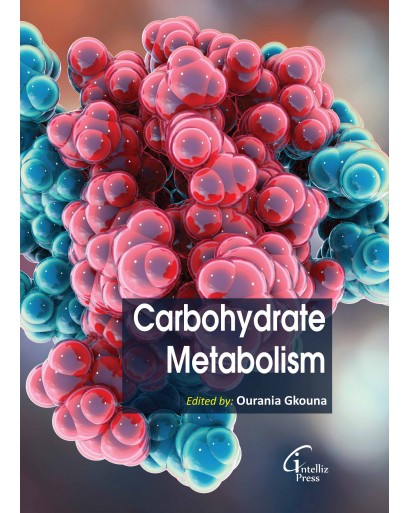Carbohydrates are the most abundant macromolecules on our planet, in part because of the plant carbohydrates cellulose and starch, both composed of multiple conjugated glucose molecules. The continued activity of every living cell depends on highly coordinated biochemical reactions, which are fuelled by energy generated through carbohydrate metabolism. Carbohydrates play several crucial roles in the metabolic processes of living organisms. They serve as energy sources and as structural elements in living cells. This book looks at the role of carbohydrates in energy production. Because the monosaccharide glucose is a prominent energy source in almost all living cells, major emphasis is placed on its synthesis, degradation, and storage.
Print ISBN: 9781682518984 | $160 | 2023 | Hardcover
Subject: Life Science
Editor: Ourania Gkouna
About the Editor: Ourania Gkouna received his MSc and Ph.D. in biochemistry. He is a post-graduate teacher in the Faculty of Biochemistry, Chemistry, and Pharmacy. Dr. Gkouna has published more than fifty original research papers in indexed journals, and five book chapters, and has participated and contributed to more than twenty scientific meetings. His main areas of study include the use of lactic acid bacteria to increase bioactive compounds for the fermentation of foods or as biopharmaceuticals to treat and prevent vitamin deficiencies, inflammatory diseases, and some types of cancer.


